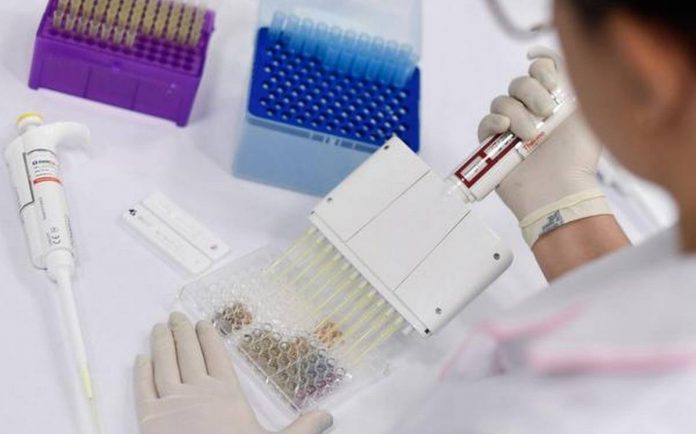CORONAVIRUS has all but paralysed the UK, with new restrictions announced today and tomorrow in a bid to stem the second wave. A new symptom has been revealed this week – here’s what to do if you experience it.
Coronavirus appears to be running rampant in the UK again, prompting the government to take decisive action. Broad swathes of England, including London, are being upgraded to “tier 2” by Midnight – part of Downing Street’s action plan that involves enforcing tougher restrictions in high-risk areas. Amid the snowballing situation, it is more important than ever to spot the warning signs and self-isolate if you have them.
What has become manifestly clear from research is that COVID-19 – the viral disease that has spawned from SARS-CoV- 2 – can produce an array of symptoms.
Yet the NHS has come under repeated criticism for only highlighting three symptoms, which makes it an outlier amongst other health bodies.
According to the NHS, the main symptoms of coronavirus are:
A high temperature – this means you feel hot to touch on your chest or back (you do not need to measure your temperature)
A new, continuous cough – this means coughing a lot for more than an hour, or three or more coughing episodes in 24 hours (if you usually have a cough, it may be worse than usual)
A loss or change to your sense of smell or taste – this means you’ve noticed you cannot smell or taste anything, or things smell or taste different to normal.
“Most people with coronavirus have at least one of these symptoms,” says the health body.
A range of other COVID-19 symptoms have been identified in research, however, such as skin changes.
To emphasise the point, this week a new symptom has been officially reported in the British Medical Journal.
Writing in the journal, experts at University College London documented the case of a 45-year-old man with asthma who was admitted to intensive care with COVID-19, ventilated, and given drugs including the antiviral remdesivir and intravenous steroids.
A week after leaving intensive care he developed a ringing sound – tinnitus – and then hearing loss in his left ear.
































